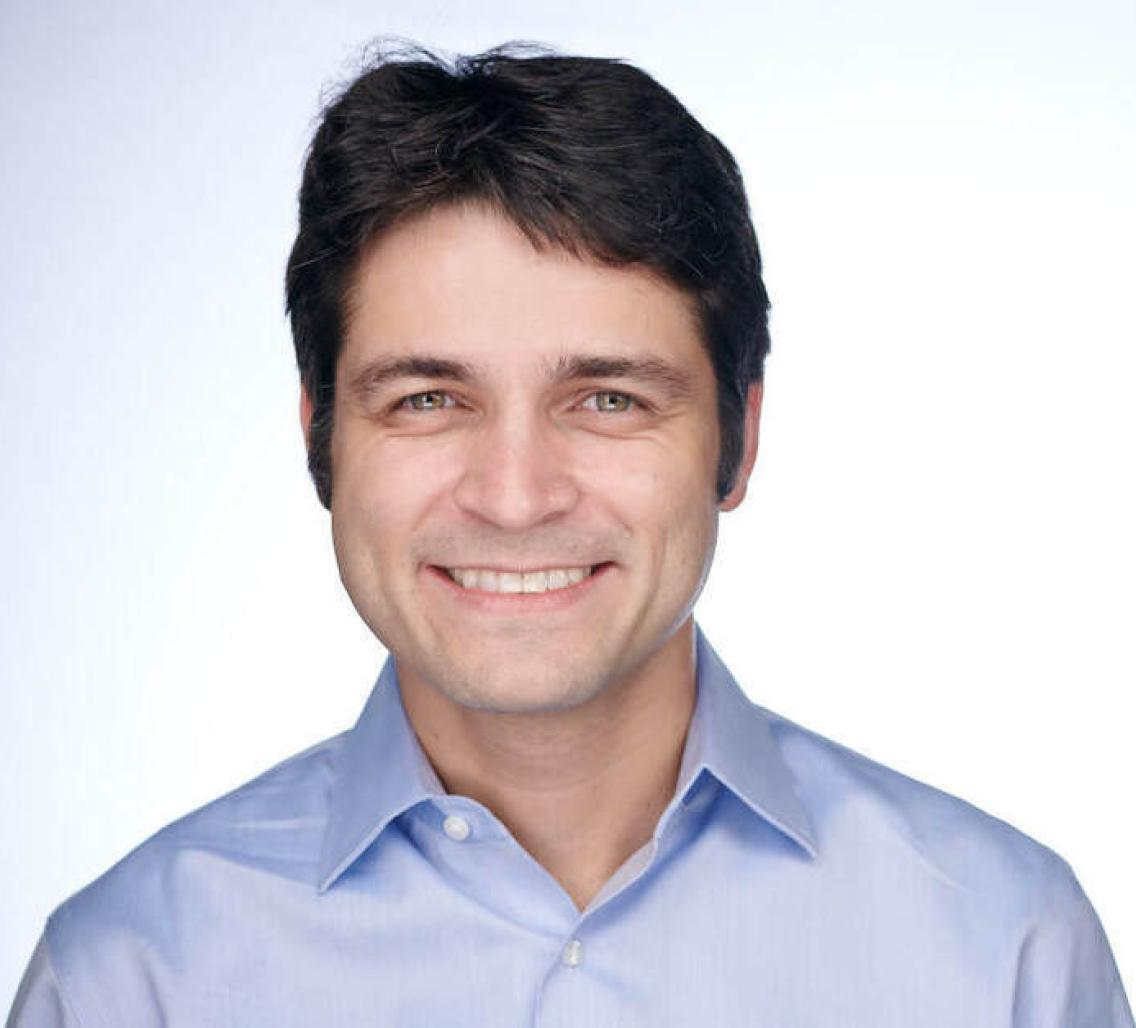Event Details:

Join the speaker for coffee, cookies, and conversation before the talk, starting at 11:45am.
Talking to cells: biomolecular ultrasound for deep tissue cellular imaging and control
The study of biological function in intact organisms and the development of targeted cellular therapeutics necessitate methods to image and control cellular function in vivo. Technologies such as fluorescent proteins and optogenetics serve this purpose in small, translucent specimens, but are limited by the poor penetration of light into deeper tissues. In contrast, most non-invasive techniques such as ultrasound and magnetic resonance imaging – while based on energy forms that penetrate tissue effectively – are not effectively coupled to cellular function. Our work attempts to bridge this gap by engineering biomolecules with the appropriate physical properties to interact with magnetic fields and sound waves. In this talk, I will describe our recent development of biomolecular reporters and actuators for ultrasound. The reporters are based on gas vesicles – a unique class of gas-filled protein nanostructures from buoyant photosynthetic microbes. These proteins produce nonlinear scattering of sound waves, enabling their detection with ultrasound. I will describe our recent progress in understanding the biophysical and acoustic properties of these biomolecules, engineering their mechanics and targeting at the genetic level, developing methods to enhance their detection in vivo, expressing them heterologously as reporter genes, and turning them into dynamic sensors of intracellular molecular signals. In addition to their applications in imaging, gas vesicles can be used to control cellular location and function by serving as receivers of acoustic radiation force or seeding localized bubble cavitation. Additional remote control is provided by thermal bioswitches – biomolecules that provide switch-like control of gene expression in response to small changes in temperature. This allows us to use focused ultrasound to remote-control engineered cells in vivo.
Mikhail G. Shapiro, PhD
Max Delbrück Professor of Chemical Engineering and Medical Engineering, California Institute of Technology
Investigator, Howard Hughes Medical Institute
mikhail@caltech.edu shapirolab.caltech.edu
Bio
Mikhail Shapiro is a Professor of Chemical Engineering and Medical Engineering, an HHMI Investigator, and Director of the Center for Molecular and Cellular Medicine at Caltech. The Shapiro laboratory develops biomolecular technologies allowing cells to be imaged and controlled inside the body using sound waves and magnetic fields. These technologies enable the study of biological function in vivo and the development of cell-based diagnostic and therapeutic agents. Mikhail received his PhD in Biological Engineering from MIT and his BSc in Neuroscience from Brown. He conducted post-doctoral research at the University of Chicago and the University of California, Berkeley, where he was a Miller Fellow. Mikhail’s awards include the NIH Pioneer Award, the Packard Fellowship, the Pew Scholarship, the Vilcek Prize for Creative Promise, the Sontag Foundation Distinguished Scientist Award, the Camille Dreyfus Teacher-Scholar Award, the Carl Hellmuth Hertz Ultrasonics Award and the Roger Tsien Award for Excellence in Chemical Biology.
Hosted by - Zihao Ou, Ph.D. (The Hong Lab)
About the Wu Tsai Neuro Seminar Series
The Wu Tsai Neurosciences Institute seminar series brings together the Stanford neuroscience community to discuss cutting-edge, cross-disciplinary brain research, from biochemistry to behavior and beyond.
Topics include new discoveries in fundamental neurobiology; advances in human and translational neuroscience; insights from computational and theoretical neuroscience; and the development of novel research technologies and neuro-engineering breakthroughs.
Unless otherwise noted, seminars are held Thursdays at 12:00 noon PT.